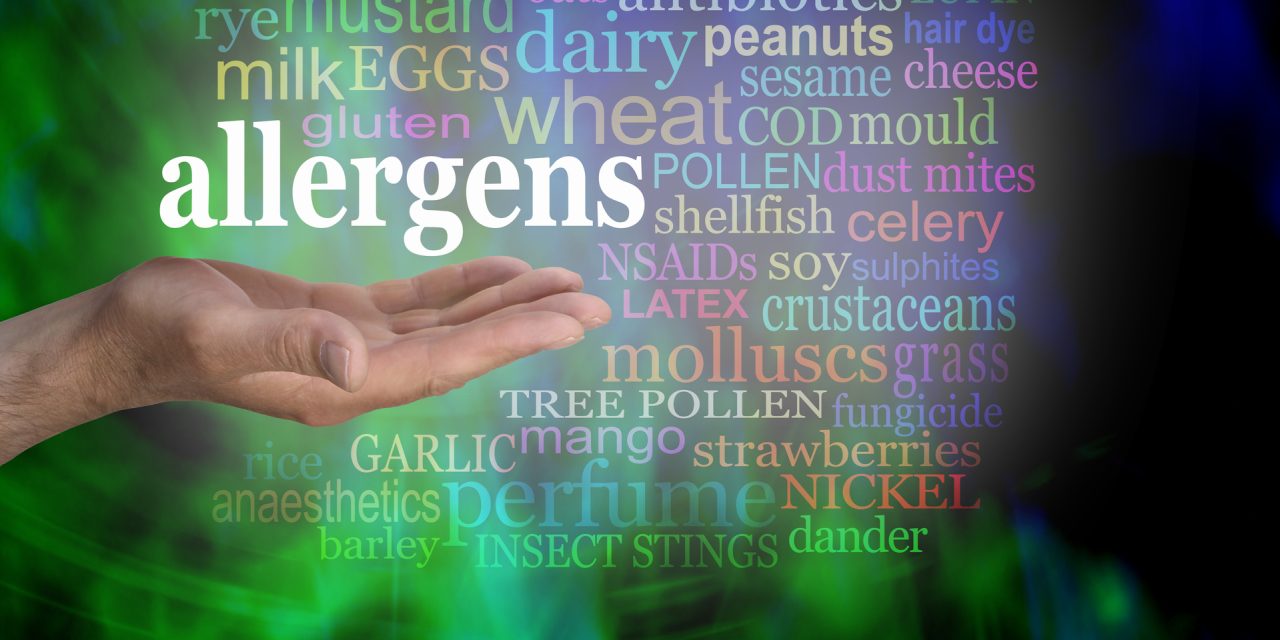Chronic hepatitis C virus (HCV) infection can lead to cirrhosis and is associated with increased mortality. Interleukin (IL)-10-producing B cells (B10 cells) are regulatory cells that suppress cellular immune responses. Here, we aimed to determine whether HCV induces B10 cells and assess the roles of the B10 cells during HCV infection. HCV-induced B10 cells were enriched in CD19 and CD1d CD5 cell populations. HCV predominantly triggered the TLR2-MyD88-NF-κB and AP-1 signaling pathways to drive IL-10 production by B cells. In a humanized murine model of persistent HCV infection, to neutralize IL-10 produced by B10 cells, mice were treated with pcCD19scFv-IL-10R, which contains the genes coding the anti-CD19 single-chain variable fragment (CD19scFv) and the extracellular domain of IL-10 receptor alpha chain (sIL-10Ra). This treatment resulted in significant reduction of B10 cells in spleen and liver, increase of cytotoxic CD8 T cell responses against HCV, and low viral loads in infected humanized mice. Our results indicate that targeting B10 cells via neutralization of IL-10 may offer a novel strategy to enhance anti-HCV immunotherapy. This article is protected by copyright. All rights reserved.This article is protected by copyright. All rights reserved.
Neutralization of IL-10 Produced by B Cells Promotes Protective Immunity during Persistent HCV Infection in Humanized Mice.


